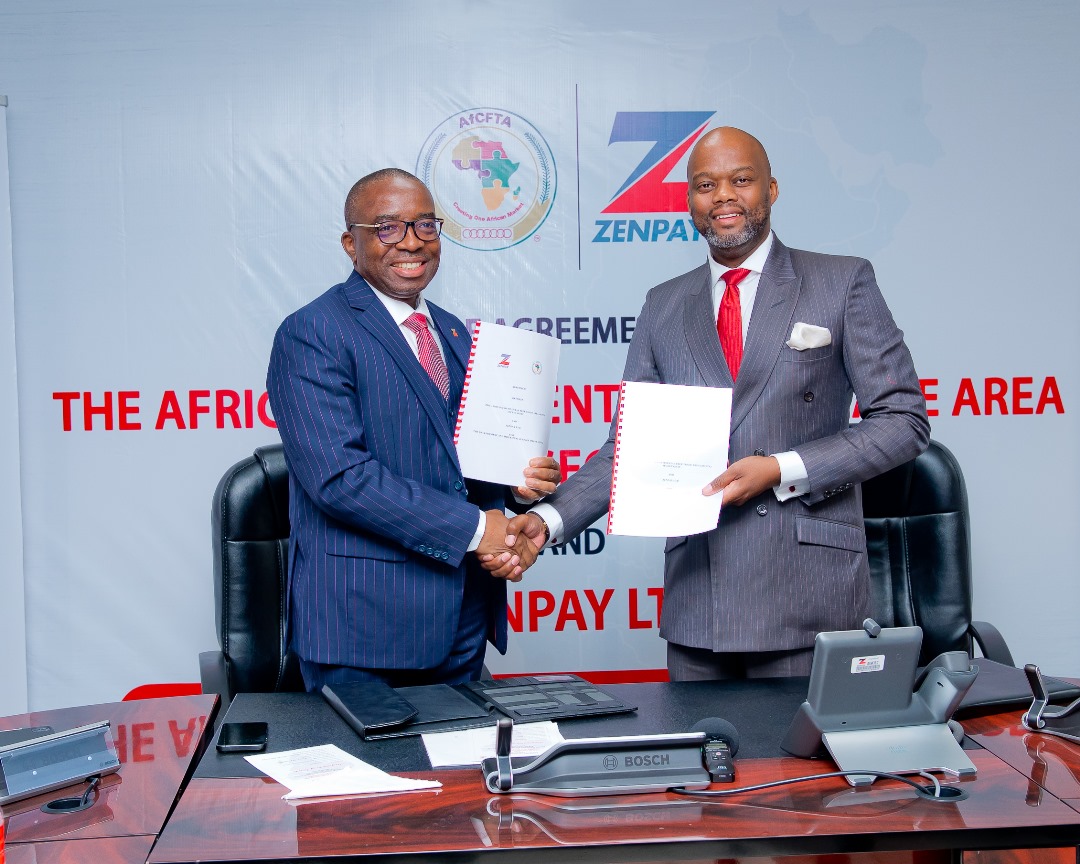- BVN Court Ruling: Bank Heads to Meet, Nigerians in Diaspora Kick
Company secretaries and legal teams of 19 Deposit Money Banks in the country will on Tuesday hold an emergency meeting to fashion out modalities to comply with a court order directing commercial banks to freeze bank accounts without the Bank Verification Number and publish names and details of the customers.
The Federal High Court in Abuja had ordered the Central Bank of Nigeria and the commercial banks to disclose all accounts in their custody and the balances in such accounts.
The court ordered the banks to disclose the details of all such accounts, their owners and their proceeds in their affidavit of compliance deposed to by their chief compliance officers.
It also made an interim order directing the banks to freeze all the said accounts by stopping “all outward payments, operations or transactions” pending the hearing of the substantive application seeking the forfeiture of the balances in the accounts to the Federal Government.
The banks were also directed to disclose “any investments made with funds from these accounts without the BVN in any products.”
Spokespersons for some of the banks told our correspondent on Sunday that they would comply if there was no court ruling negating the order within the time stipulated for compliance.
Bank secretaries and legal teams of the 19 banks are scheduled to hold an emergency meeting to fashion out their plan for compliance.
“Fidelity Bank will comply and publish the names once there is no challenge to the ruling/order within the stipulated period,” the Chief Information Officer, Fidelity Bank Plc, Mr. Gbolahan Joshua, said.
The spokesman for Guaranty Trust Bank Plc, Oyinade Adegite, also said the bank would comply with the court order.
“We have started taking steps towards compliance. We have been trying to collate the names and bank accounts that will be affected. If there is no contrary order, we will comply,” he said.
The Access Bank Plc’s spokesman, Mr. Abdul Imoyo, said, “It is a management decision and I am sure steps are being taken in that direction. It is a court decision; we will have to see if there is no appeal to that.”
Heritage Bank’s spokesman, Mr. Fela Ibidapo, said the bank would comply.
A UBA spokesman said the bank would also comply, adding, “it is a court order and we will have to comply.”
A spokesman for Unity Bank Plc, Mr. Matthew Obiazikwor, said the bank had frozen bank accounts without the BVN and would publish the names of the affected customers as soon as the bank was in possession of the court order.
An industry stakeholder, Mr. Johnson Chukwu, lauded the policy but said there was a need for the Federal Government to give more time to enable rural dwellers to comply with the BVN requirement.
According to him, most of the learned customers have complied, and the majority of those who have yet to comply are illiterate people dwelling in the rural places.
He said the CBN needed to communicate through local languages in order to get the rural dwellers to comply.
“Another category of people who have not complied are those who opened the bank accounts with fictitious names, or those who got their money through illegal or criminal proceeds and would not want to come up to claim ownership of such accounts. These people constitute the highest amount in terms of the value of the money,” he said.
Some bank officials said there were certain accounts that the banks could not link up due to names mismatch.
Meanwhile, fear has gripped Nigerians in the Diaspora, who have yet to obtain their BVN, over the development.
They said majority of Nigerians in the Diaspora had yet to comply because the Nigerian Interbank Settlement System Plc failed to provide enough BVN centres overseas to enable them to register.
Reacting through online media, a Nigerian in the Diaspora, identified as Band Olu, said, “You forget that some of us are living abroad in countries where the BVN centres are not located or can’t be found. I have made several efforts to contact the BVN accredited companies to obtain this BVN but it has been a hell to hear back from them. What do you want someone like me to do? Go back to Nigeria unplanned because of the BVN?”
Another online reader queried the order seeking to make owners of the accounts to forfeit their deposits.
The anonymous reader said, “It is not enough reason to forfeit such funds to the government. This administration has not been fair to banks.”
Meanwhile, labour unions have also reacted to the court order.
The President, United Labour Congress, Mr. Joe Ajaero, faulted the court order asking the CBN to freeze all bank accounts without the BVN.
Speaking with one of our correspondents on Sunday, he said, “I do not agree with the court. The court should have taken into consideration that most owners of those accounts have not been around to register for the BVN, or are incapacitated to do so now.”
Ajaero also said, “We are aware that a good number of the account bearers have been out of the country and cannot get the BVN until they return, while others have been indisposed over the years due to severe health challenges, to seek or request for BVN numbers.”
He added, “The right thing would have been an order asking the banks to suspend the operation of such accounts pending when the BVN is allocated to it.”
But the General Secretary, Nigeria Labour Congress, Mr. Peter Ozo-Esan, disagreed with Ajaero, saying that the order came at the right time.
“If we don’t shut those accounts now, people will continue to use them to carry out criminal activities, and then the crime rate will continue to rise,” he said.
Ozo-Esan added, “This is similar to the situation in the telecoms sector then when all unregistered lines were blocked until the defaulting subscribers duly and properly registered them. Before then, criminals used such lines for their activities. This is the case with bank accounts without the BVN.”
Meanwhile, lawyers have differed over the court ruling.
A Senior Advocate of Nigeria, Mr. Ifedayo Adedipe, said though the Federal Government should be commended for the BVN policy, it was unconstitutional for citizens to be ordered to forfeit their money over failure to supply the BVN.
Adedipe said, “I think the objective of the BVN policy is to enable the government to track accounts and individuals who own them. If we are serious about fighting money laundering and financial crimes, I think that is a commendable step. As to whether the government can say because somebody has not obtained the BVN, the money should be forfeited, that is a different matter. If the real owner of the money comes forward and there is a proof that an individual owns the account, maybe there would be a penalty, but clearly to forfeit the money will appear to me an overkill.
“But I am immediately concerned about the Federal Government’s attempt at appropriating other people’s property under the guise of fighting fraud or corruption. Much as we all agree that corruption is a debilitating disease, the fact of the matter is that we have a constitution and it is that constitution that we must allow to guide us, irrespective of our feelings. Constitutions are made to protect the citizens against the government. A lot of people do not know it. You have a government in office now that does not believe in the right of Nigerians.”
Another SAN, Mr. Seni Adio, expressed reservation about the order, saying there was a question mark on its constitutionality.
Adio said, “I have a reservation as to whether you can just give an order that if you don’t respond by 14 days, your money is forfeited. That has to be unconstitutional. You can’t just take my property because I haven’t fulfilled a condition and say I have forfeited it. It is ridiculous.”
Also a Lagos-based lawyer, Mr. Ebun-Olu Adegboruwa, contended that the BVN was not a condition precedent for operating an account under the Money Laundering Act.
Adegboruwa said, “There is nothing in Section 3 of the Money Laundering (Prohibition) Act 2011 that makes the BVN a condition precedent for operating a bank account in Nigeria; nothing at all. What the law requires is the verifiable identity of the customer, such as name, address, photographs and identity cards. The BVN is a policy decision of the Central Bank of Nigeria and a court of law should not base its orders on executive policies that are not backed by law.”
He added, “The other point is the binding force of an ex parte order upon the whole world and upon all millions of bank customers in Nigeria, who are not directly parties to the suit. How proper is it for a court to seek to determine the rights of parties in their absence, in view of the clear provisions of section 36(1) of the 1999 Constitution and Article 7 of the African Charter?”
But another Lagos-based lawyer, Mr. Jiti Ogunye, said there was nothing unlawful about the interim forfeiture order of accounts without the BVN.
He said anyone who had a genuine reason for not supplying the BVN for the past three years since the BVN policy came on board had the opportunity of going before the court to give such reason.
Ogunye said, “The BVN policy came about not in the life of this administration. It was a policy that was inherited by this administration. And so, that policy has been implemented now for upwards of three years. So, if for the three years people didn’t come forward to the banks to supply their BVN, what is the presumption here? I daresay that the presumption is that the monies that are in accounts not covered by the BVN could be said to be illicit money.
“Now, based on that presumption, which is refutable, the Federal Government approached the court, through the office of the Attorney General of the Federation to obtain an order ex parte. The news is now out. So, if there are people who, for one reason or the other, could not go to the banks to supply their BVN, they have the right to go to that court and explain and ask the court to discharge the order.”


 Forex4 weeks ago
Forex4 weeks ago
 Naira4 weeks ago
Naira4 weeks ago
 Billionaire Watch4 weeks ago
Billionaire Watch4 weeks ago



 Naira4 weeks ago
Naira4 weeks ago






 Naira3 weeks ago
Naira3 weeks ago


 Naira3 weeks ago
Naira3 weeks ago






 Naira2 weeks ago
Naira2 weeks ago
 Economy4 weeks ago
Economy4 weeks ago























